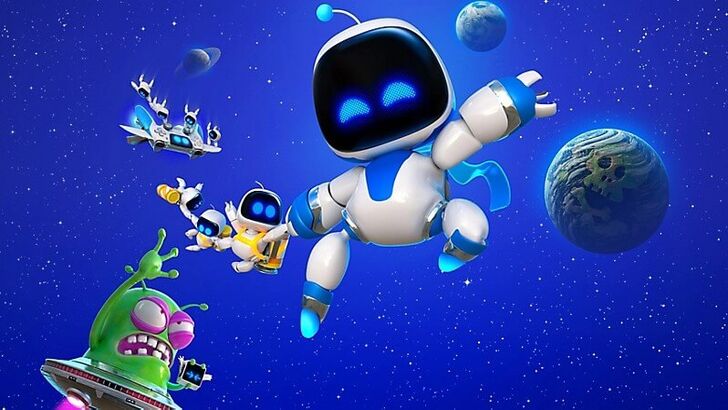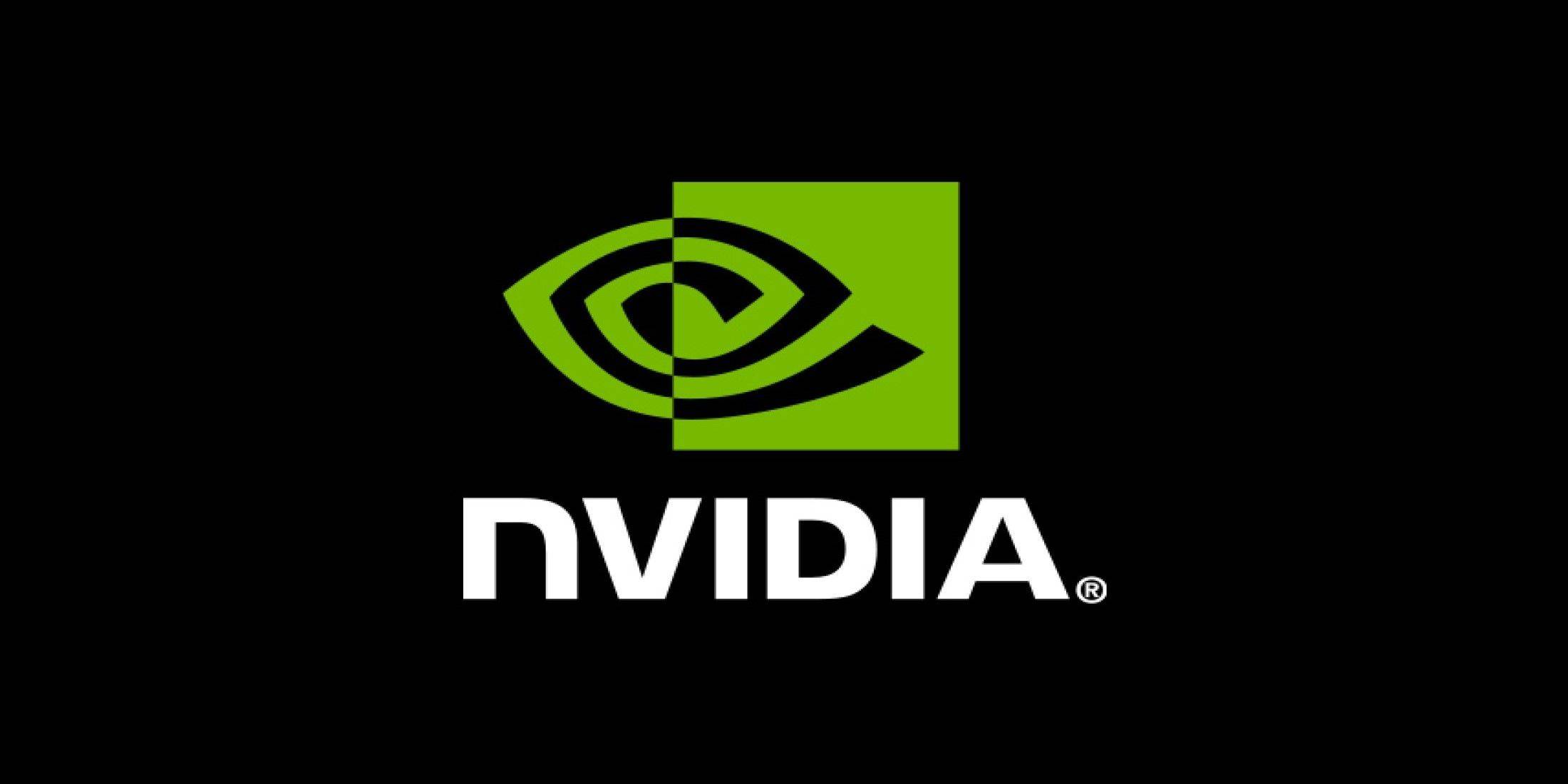AI's Gaming Impact: PlayStation CEO Highlights Benefits, Human Touch

PlayStation Co-CEO Hermen Hulst champions AI's transformative potential in gaming, yet emphasizes the irreplaceable value of the "human touch." This insightful piece explores Hulst's perspective on AI's role in the future of PlayStation, celebrating 30 years of innovation and evolution in the gaming industry.
AI: A Revolutionary Tool, Not a Replacement
Hulst acknowledges AI's capacity to revolutionize gaming, streamlining development processes. However, he stresses that AI will never fully replicate the creativity and emotional depth inherent in human-crafted games. This sentiment resonates amidst concerns within the gaming community regarding AI's potential displacement of human roles, particularly highlighted by recent voice actor strikes fueled by the use of generative AI.
Market research from CIST reveals that a significant majority (62%) of game studios already utilize AI for tasks like prototyping, asset creation, and world-building. Hulst anticipates a dual demand: innovative AI-driven experiences alongside meticulously handcrafted content. This balanced approach aims to leverage AI's efficiency without sacrificing the unique artistic contributions of human developers.
PlayStation's AI Initiatives and Future Ambitions
PlayStation's commitment to AI is evident in its dedicated Sony AI department, established in 2022, which focuses on research and development. Beyond gaming, PlayStation aims for broader multimedia expansion, adapting its IPs into films and television series, exemplified by the upcoming Amazon Prime adaptation of God of War (2018). This strategic expansion fuels speculation surrounding a potential acquisition of Kadokawa Corporation, a Japanese multimedia giant, though details remain undisclosed.
Lessons from the PlayStation 3: A Cautionary Tale
Former PlayStation chief Shawn Layden recounts the PlayStation 3 (PS3) as a pivotal learning experience, describing it as an "Icarus moment"—an ambitious project that pushed boundaries too far. The PS3’s overambitious multimedia features proved costly and ultimately distracted from the core gaming experience. This experience underscored the importance of prioritizing the gaming experience, a lesson that shaped the successful strategy of the PlayStation 4. Layden emphasizes the need to return to fundamental principles, focusing on creating the "best game machine of all time." This refocus on core gameplay proved crucial in differentiating PlayStation from competitors like Xbox, who pursued a more comprehensive multimedia approach.
Latest Articles

![1xBet [Updated]](https://imgs.yx260.com/uploads/76/1719623227667f5e3be7616.jpg)





























